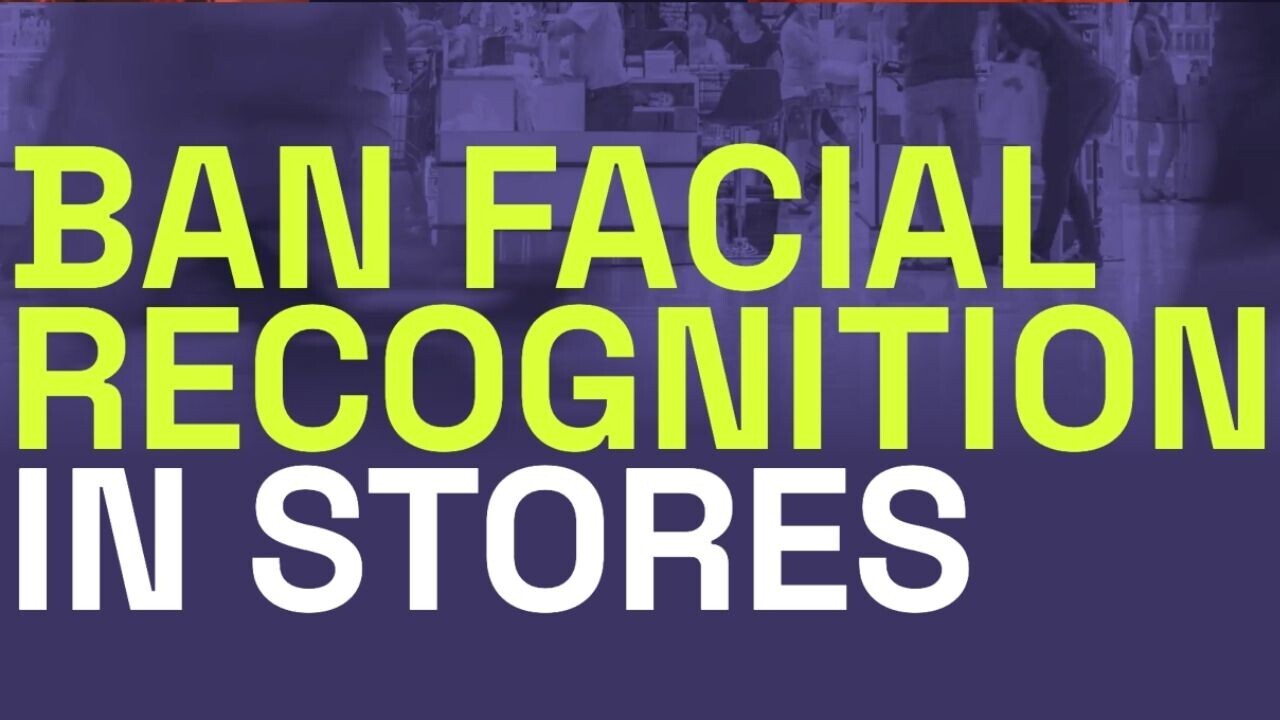
Some of the biggest retailers in the US are using facial recognition to monitor people in their stores, according to new research.
A coalition of civil rights groups says that retails giants including Macy’s, Ace Hardware, and Lowe’s are currently using the tech to monitor people who enter or work in their stores.
The group is calling for the companies to end the practice.
“Constant surveillance, tracking, and data collection infringe on our human right to privacy,” said Al Smith from The Tor Project, one of 35 organizations involved in the campaign.
“Consumers and employees should be able to enter stores without fearing that facial recognition software will be cataloging their every move.”
Up-front: Retailers say they use facial recognition for security and operational purposes, from theft prevention to monitoring in-store traffic patterns. But the tech is fraught with risks.
In stores, facial recognition could be used to bar customers with criminal records from entering, discipline workers who take too many breaks, target marketing at vulnerable people, or wrongfully accuse people of crimes.
The campaigners have created an online scorecard that tracks which retailers are currently using the software, which ones aren’t, and which ones may do so in the future. In addition to the aforementioned companies, Albertsons, H.E.B Grocery, and Apple Stores are all on the list of current users, although Apple told The Verge it doesn’t use the tech in its stores.
The coalition has also created a petition urging retailers to ban facial recognition in their stores
Quick take: Scanning people’s faces without their knowledge as they go about their daily lives is a form of mass surveillance. Experts say it threatens basic privacy rights.
The software is also notoriously prone to biases and errors.
When it fails, the consequences can be devastating. Last year, an innocent Michigan man was arrested on suspicion of stealing watches from a store due to a faulty facial recognition match.
But even if the software could work perfectly, I wouldn’t want my face to be scanned and stored just because I’ve walked into a store.
Greetings Humanoids! Did you know we have a newsletter all about AI? You can subscribe to it right here.
Get the TNW newsletter
Get the most important tech news in your inbox each week.




